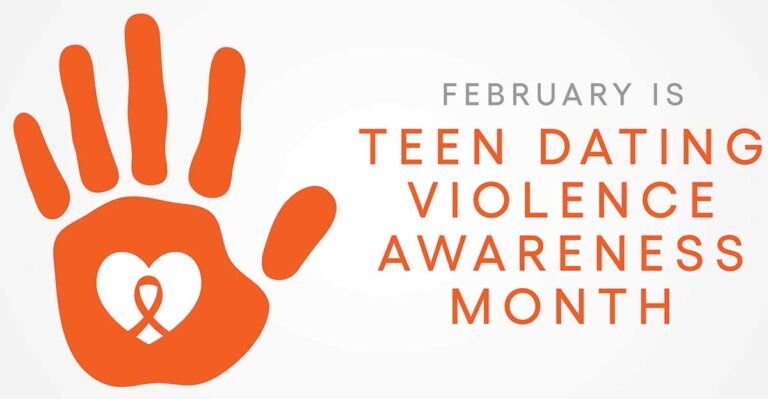
Teen Dating Violence (TDV) is a form of intimate partner violence that occurs between young people who are in or were in a close relationship.

Safe Exit

Behaviors seen in TDV include:
Physical Violence
Sexual violence
Psychological aggression
Stalking
Signs you may be experiencing abuse:
- Excessive jealousy or insecurity;
- Invasions of your privacy;
- Unexpected bouts of anger or rage;
- Unusual moodiness;
- Pressuring a partner into unwanted sexual activity;
- Blaming you for problems in the relationship and not taking any responsibility for the same;
- Controlling tendencies;
- Explosive temper;
- Preventing you from going out with or talking to other people;
- Constantly monitoring your whereabouts and checking in to see what you are doing and who you are with;
- Falsely accusing you of things;
- Vandalizing or ruining your personal property;
- Taunting or bullying; or
- Threatening or causing physical violence.
Teenage dating violence is more common than you may know; however, many teens do not report unhealthy behaviors because they are afraid to tell family and friends. Teens may not have the ability to recognize abusive patterns of power and control, especially while navigating their very first relationships. If you believe that you or someone you know may be in an abusive or unhealthy relationship do not hesitate to ask for help.
Statistics
- Nearly 1 in 11 female and approximately 1 in 15 male high school students report having experienced physical dating violence in the last year.
- About 1 in 9 female and 1 in 36 male high school students report having experienced sexual dating violence in the last year.
- 26% of women and 15% of men who were victims of contact sexual violence, physical violence, and/or stalking by an intimate partner in their lifetime first experienced these or other forms of violence by that partner before age 18.
- In 2019, 10 percent of Alaskan students ages 15-18 experienced physical dating violence.
- The same year, 8.47 percent of students ages 15-18 experienced sexual dating violence.
The burden of TDV is not shared equally across all groups—sexual minority groups are disproportionately affected by all forms of violence, and some racial/ethnic minority groups are disproportionately affected by many types of violence.
- Reaching out to a trusted friend, teacher, parent, coach, or mentor;
- Seeking the guidance of a school counselor or therapist;
- Getting involved in activities you enjoy that will allow you to associate with positive people
-
Using state/local/national TDV resources
*Most providers are mandatory reporters and will have to report situations that involve child abuse, neglect, or sexual violence.
If you have questions about confidentiality and reporting it is okay to ask hypothetical questions.
You can contact a confidential advocate at any time (Local Hotline-907-452-2293 or Toll Free-1-800-478-7273). You will not be required to provide your name or any identifying information at the time of the call.
Your Fairbanks Resources:
National Crisis Hotlines:
800-656-4673
800-799-7233 or 800-787-3224
866-331-9474
877-995-5247
855-812-1001
Online Support:
thehotline.org
online.rainn.org
loveisrespect.org or text loveis to 22522
thehotline.org or email deaf advocates at nationaldeafhotline@adwas.org

907 452 2293
Local Hotline

800 478 7273
Toll Free
